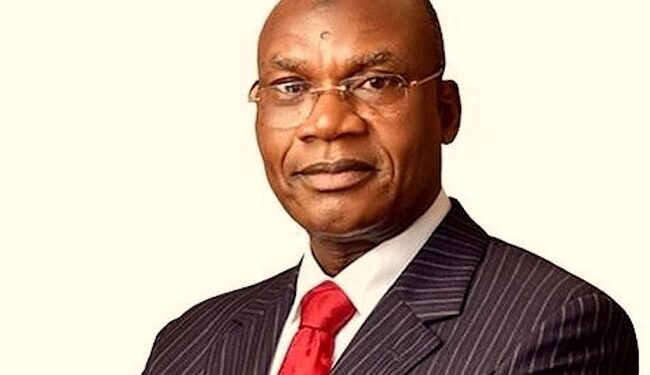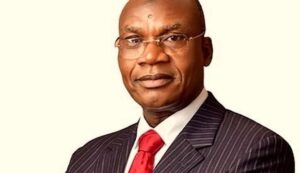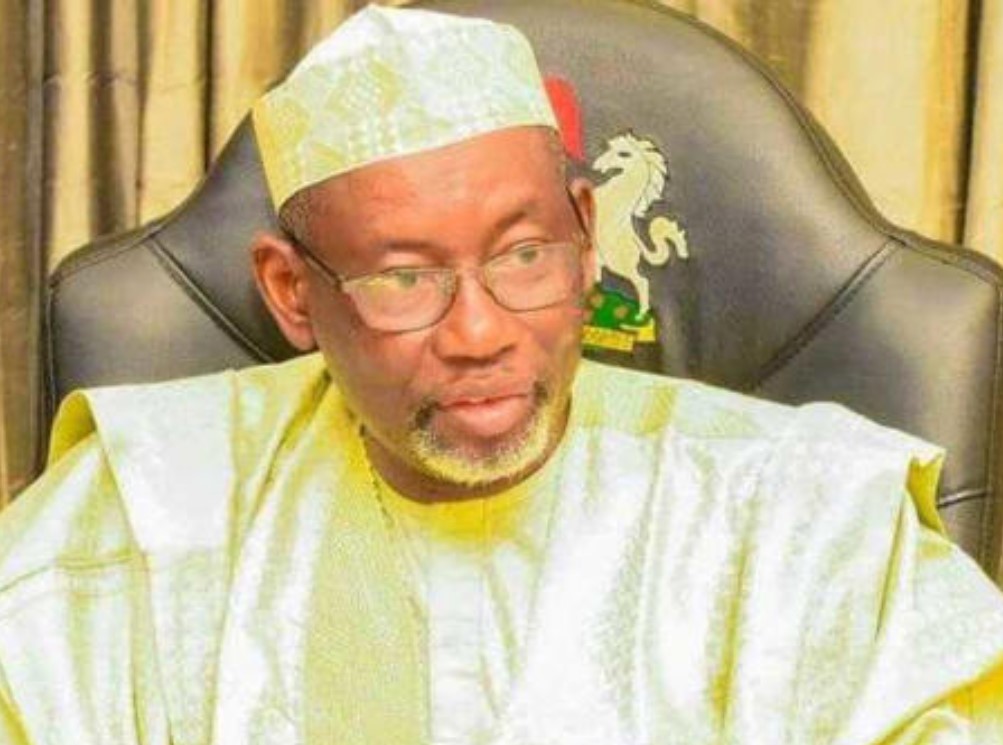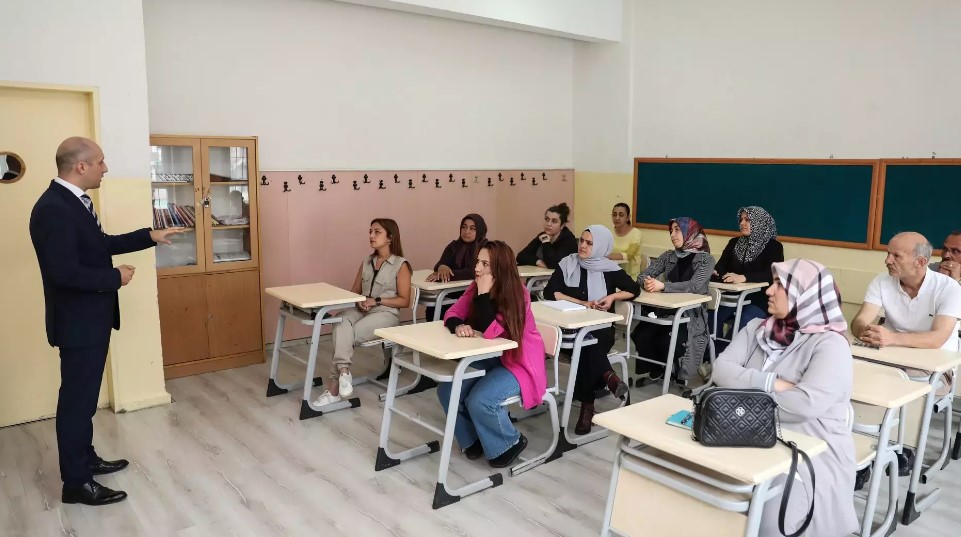
FG rolls out new curriculum for basic education
- Education
- No Comment
- 488

Federal Government has rolled out a new curriculum for Basic Education and Senior Secondary Education in Nigeria, effective from October 2024.
The new curriculum is designed to incorporate knowledge, skills, and values, especially with a special focus on skills, so that students on graduation would have skills that they could effectively connect with the economy and have a productive life.
Minister of Education, Professor Tahir Mamman, announced this on Thursday in Abuja while declaring open the Ministerial Session of the 68th National Council on Education (NCE) for 2024.
The theme of the 68th NCE meeting is “Innovation, Digital Technology and Entrepreneurship: Tools for Education and National Development in the 21st Century.”
NCE, which has the Minister of Education as the chairman, is the highest policy-making body in education and is expected to officially approve the new curriculum, among other recommendations of the Officials’ Meeting headed by the Permanent Secretary, Federal Ministry of Education.
Mamman lamented that the existing curriculum has become obsolete and that there was the need to infuse skills and technology, in line with the national skills framework.
He said: “The world we live in and its future is very different from the times of old. Today, we share a common challenge that the country’s educational curriculum is in danger of becoming obsolete as technology is disrupting every industry, including education.
“A well-designed and effective curriculum determines a sustainable development, quality, and the relevance of education. This is the main reason why this Administration places priority on the institutionalization of curriculum development in the overall context of education.
“The Ministry is about rolling out a new curriculum for Basic Education and Senior Secondary Education in Nigeria from this October, designed to incorporate knowledge, skills, and values, especially with a special focus on skills, so that students, when they graduate, will have skills that they can connect with the economy and have a productive life,” he said.
He also disclosed that the government has completed the review of 15 trades and entrepreneurship subject curricula for the senior secondary education level.
The Minister commended the Nigerian Educational Research and Development Council (NERDC) for developing the curriculum, noting that the Council worked tirelessly under his constant watch, encouragement, and sometimes harassment to deliver the reviewed curriculum.
Mamman also revealed that the implementation of the reviewed Tertiary Education Core Curriculum Minimum Academic Standards (CCMAS) has commenced in universities across the country while efforts were on review of the National Policy on Education.
He noted that as part of efforts to strengthen teacher education, the government has also reviewed the Nigeria Certificate in Education (NCE) curriculum in collaboration with the British Council and other stakeholders.
Meanwhile, the Minister of Education, Tahir Mamman, used the occasion to clarify issues around the 18-year age limit for university admissions.
He announced plans to create guidelines on the implementation of the age limit for admission to cater to exceptional students who might be below the age limit.
Mamman said: “There is a need to clarify yet again the misrepresentation on the issue of 18 years age limit for admission to universities, which was earlier mentioned.
“The Ministry was only drawing attention to the age requirement for entry into tertiary institutions as enshrined in the National Policy on Education (6-3-3-4 System); the UBEC Act and Education (Minimum) Standards Act 1993 and not the age limit for students participating in WAEC, NECO, NBAIS, NABTEB or any ordinary level examination.
“However, the Ministry acknowledges that some children are exceptionally intelligent and the Ministry will work out a guideline to deal with cases of genuine exceptionally intelligent learners,” he said.
Minister of State for Education Dr. Yusuf Sununu, on his part, noted to meet the challenges posed by new technological development, the government must ensure that the educational system is structured and made more relevant to the needs and aspirations of the society.
He maintained that new and relevant ideas must be injected into the system to enhance national development, adding that education at all levels needs renewal to meet up with the present globalisation.
By Clement Idoko
https://tribuneonlineng.com/fg-rolls-out-new-curriculum-for-basic-education





